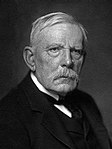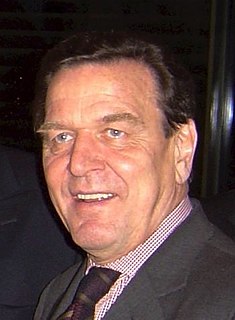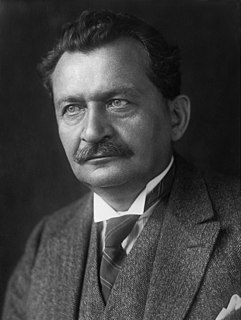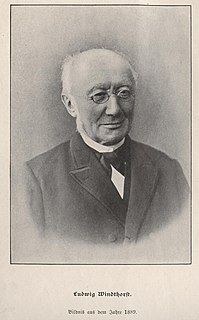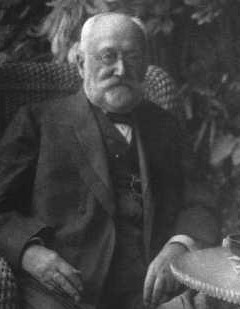| |||||||||||||||||||||||||||||||||||||||||||||||||||||||||||||||||||||||||||||||||||||
All 397 seats in the Reichstag 199 seats needed for a majority | |||||||||||||||||||||||||||||||||||||||||||||||||||||||||||||||||||||||||||||||||||||
|---|---|---|---|---|---|---|---|---|---|---|---|---|---|---|---|---|---|---|---|---|---|---|---|---|---|---|---|---|---|---|---|---|---|---|---|---|---|---|---|---|---|---|---|---|---|---|---|---|---|---|---|---|---|---|---|---|---|---|---|---|---|---|---|---|---|---|---|---|---|---|---|---|---|---|---|---|---|---|---|---|---|---|---|---|---|
| Turnout | 84.9% | ||||||||||||||||||||||||||||||||||||||||||||||||||||||||||||||||||||||||||||||||||||
| |||||||||||||||||||||||||||||||||||||||||||||||||||||||||||||||||||||||||||||||||||||
 Results of the 1912 Reichstag election. | |||||||||||||||||||||||||||||||||||||||||||||||||||||||||||||||||||||||||||||||||||||
| |||||||||||||||||||||||||||||||||||||||||||||||||||||||||||||||||||||||||||||||||||||
 |
|---|
| This article is part of a series on the politics and government of Germany |
|
| Foreign relations |
Federal elections were held in Germany on 12 January 1912. [2] Although the Social Democratic Party (SPD) had received the most votes in every election since 1890, they had never won the most seats, and in the 1907 elections they had won fewer than half the seats of the Centre Party despite receiving over a million more votes. [3] However, this election saw the party win more than double the number of votes of the second-placed Centre Party and become the largest party, winning 110 of the 397 seats. [4]

The Social Democratic Party of Germany is a social-democratic political party in Germany.

The German Centre Party is a lay Catholic political party in Germany, primarily influential during the Kaiserreich and the Weimar Republic. In English it is often called the Catholic Centre Party. Formed in 1870, it successfully battled the Kulturkampf which Chancellor Otto von Bismarck launched in Prussia to reduce the power of the Catholic Church. It soon won a quarter of the seats in the Reichstag, and its middle position on most issues allowed it to play a decisive role in the formation of majorities.
The party breakdown in the newly elected Reichstag made possible a majority coalition of groups hostile or ambivalent to the ruling elites of the German Empire – the Social Democrats, the Centre Party, and the left-liberal Progressives between them commanded a majority. The effects of this possibility would be seen with the vote of no confidence in the government of Theobald von Bethmann Hollweg over the Saverne Affair in 1913 and the Reichstag Peace Resolution of 1917. Nonetheless, the Centre and the Progressives were unwilling to act consistently in opposition, leaving the government largely free to do as it wished.
The Progressive People's Party was a social liberal party of the late German Empire.
The Reichstag Peace Resolution was passed by the Reichstag of the German Empire on 19 July 1917 by 212 votes to 126. It was supported by the Social Democrats, the Catholic Center Party and the Progressive People's Party, and was opposed by the National Liberals and the Conservatives. The resolution was introduced by the Catholic leader Matthias Erzberger. It was an attempt to seek a very calm peace to end World War I. The resolution called for no annexations, no indemnities, freedom of the seas and international arbitration. It was ignored by the German High Command and by the Allied powers.
Some historians, such as Fritz Fischer have theorized that the First World War was partially a result of the strategy of the conservative Prussian Junkers to deal with this result. [5] In an attempt to increase support for conservative parties and policies, to distract the population from the SPD they hoped to drum up patriotism in an external conflict with Russia or another east European state such as Serbia.
Fritz Fischer was a German historian best known for his analysis of the causes of World War I. In the early 1960s Fischer advanced the controversial thesis that responsibility for the outbreak of the war rested solely on Imperial Germany. He has been described by The Encyclopedia of Historians and Historical Writing as the most important German historian of the 20th century.

The Kingdom of Serbia was created when Milan I, ruler of the Principality of Serbia, was proclaimed king in 1882.
Georges Weill, the SPD candidate who won Metz in this election, defected to France at the start of World War I.

Georges Weill was an Alsatian politician who was a Socialist member of parliament for Metz in the German Reichstag from 1912 to 1914. After the outbreak of World War I, he declared his loyalty to France and joined the French Army. In response he was stripped of German citizenship August 5, 1914. After the Allied victory the provinces of Alsace-Lorraine returned to France, he was elected general counsel of the Lower Rhine in 1919 and became a socialist member of the French Parliament for the Bas-Rhin district.

Metz is a city in northeast France located at the confluence of the Moselle and the Seille rivers. Metz is the prefecture of the Moselle department and the seat of the parliament of the Grand Est region. Located near the tripoint along the junction of France, Germany, and Luxembourg, the city forms a central place of the European Greater Region and the SaarLorLux euroregion.

World War I, also known as the First World War or the Great War, was a global war originating in Europe that lasted from 28 July 1914 to 11 November 1918. Contemporaneously described as "the war to end all wars", it led to the mobilisation of more than 70 million military personnel, including 60 million Europeans, making it one of the largest wars in history. It is also one of the deadliest conflicts in history, with an estimated nine million combatants and seven million civilian deaths as a direct result of the war, while resulting genocides and the 1918 influenza pandemic caused another 50 to 100 million deaths worldwide.






